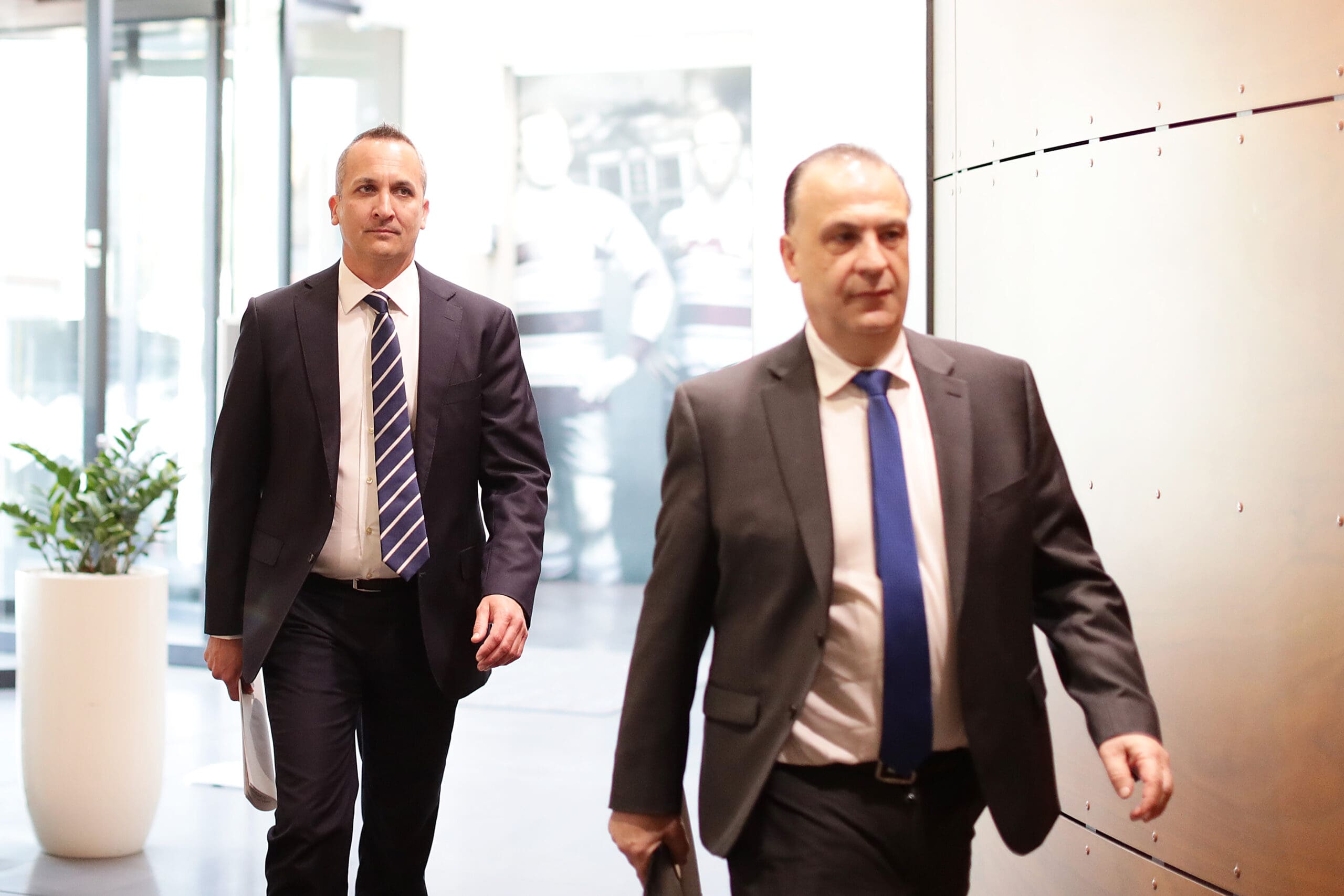Why NRL’s rush to expand beyond 18 is all wrong, and where the next team must be
Reports suggest the NRL will not waste time with their next expansion call
Recent reports have suggested the
NRL will rush to get the competition to 19 teams, with the next team to be announced as soon as June.
If reports are to be believed from multiple publications, the
NRL will confirm a Papua New Guinean team as the 18th outfit in the
NRL this season, before the competition make moves to go to 19 teams by 2030.
It's understood the 19th outfit will be a Perth side linked up with the North Sydney Bears.
What remains unclear at this stage is the timeline, or when the
NRL would then look to move back to an even number of teams with a 20th addition.
It's believed the Papua New Guinean outfit will be announced in June, with the team to enter the competition at the end of the current TV deal.
While that will give the outfit time to build - a luxury the Dolphins didn't have when they were announced as the competition's 17th team just 12 months before the commencement of pre-season training ahead of their first campaign - it's clear that it still won't be enough.
The identity of the Papua New Guinean side, who will likely be based in Northern
Australia but play a number of games in Port Moresby, is also up for debate.
What is clear is that the island nation -
Australia's closest neighbour - is rugby league mad and will support a team granted to it by the
NRL.
But the circumstances around it simply don't add up. The Australian federal government's funding guarantee is certainly a win for the
NRL if they go ahead with the team, and a win for
Australia's foreign diplomacy, but is it an actual win for the on-field product?
If the Dolphins struggled to sign marquee players, how is a team with little identity, situated even further north and playing their home games in a different country than the one they train in going to fare?
For a Papua New Guinean team to work, and for it to prove a success for the competition as a whole, it simply must be successful and secure in an unproven, yet rugby league mad market.
If it's not
Papua New Guinea, then the 18th team should be where reports suggest the 19th team will be.
That is Perth.
Whether they are linked with the North Sydney Bears, as some seem to be suggesting, is totally irrelevant.
Perth is an untapped rugby league market. The Western Reds were able to get decent crowds when they played over 20 years ago, and the support for the sport in the city has come on in leaps and bounds since then.
That's not to say it's bigger than the
AFL in Perth - it's certainly not and almost certainly never will be. But the same can be said about Melbourne, and with the right stadium, the right strategy and the right level of success, they have become one of the
NRL's biggest clubs both on and off the field.
So Perth is absolutely where the 18th team must be when the
NRL lock in its next round of expansion.
Yes, you could make some of the same arguments around players wanting to relocate and building a successful roster in the west of the country, but for rugby league to become a truly national sport, it must have more influence away from the Eastern Seaboard.
After 18 though, the
NRL really should hit pause on expansion.
We all know Australian
Rugby League Commission Chairman Peter V'Landys is desperate to keep the game moving forward, adding more teams and more money to the TV deal.
While it's a fair point to be made, it also has the potential to blow up in the competition's face.
18 is imperative to get rid of the bye, but 19 simply isn't. The competition is simply not ready for that. We have already seen with 17 teams that the depth of talent simply isn't there to produce an even competition. The gap between the top teams and bottom teams is, at least visually, as great as it has ever been.
Adding an 18th team isn't going to help that, and adding a 19th will only hinder it further while also re-introducing the bye to the competition.
What the
NRL instead must do is add Team 18 in Perth, which adds untold dollars to the TV deal through the ability to play games in different time slots, particularly a Sunday evening game or late game on Friday and Saturday which simply works for the east coast viewing audience.
From there, those extra dollars must be invested into grassroots and elite training. Once the talent is there, expansion can flow naturally into places like
New Zealand,
Papua New Guinea, or other major regional centres around
Australia to continue increasing the value and national stamp of the game.
It's not rocket science to get expansion right, but it is imperative that it's done correctly.
If it isn't, there is the real threat of it backfiring in the most devastating of manners.
Reports suggest the NRL will not waste time with their next expansion call.

www.zerotackle.com





